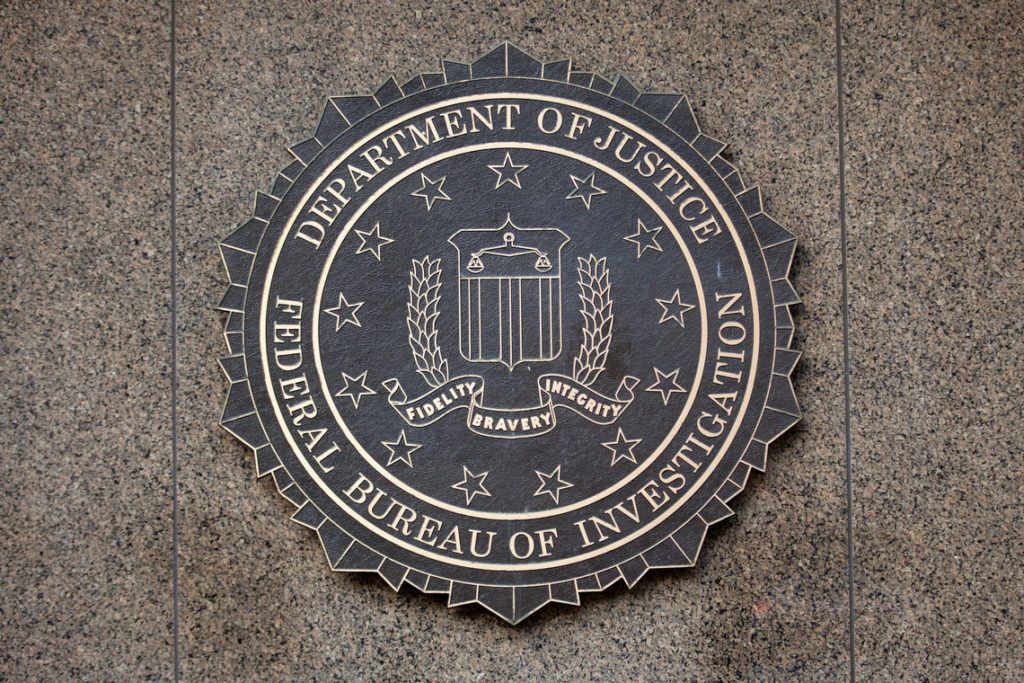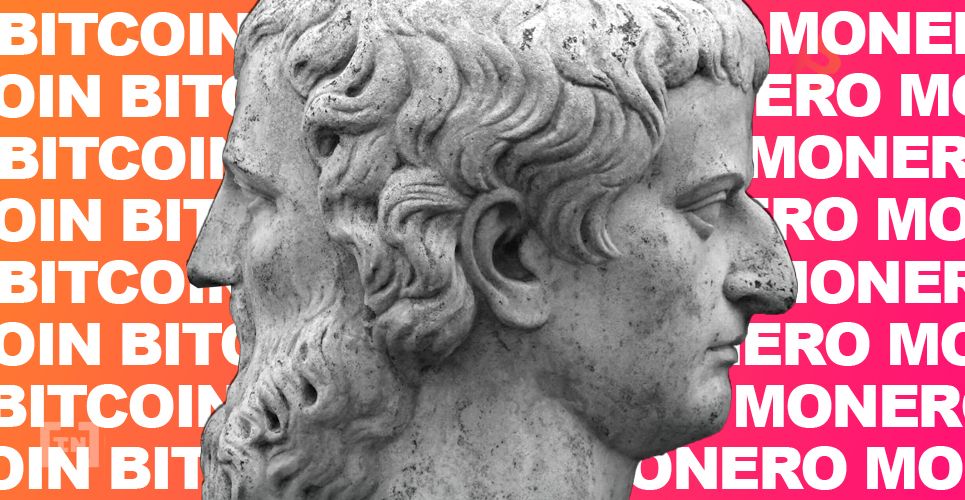Monero (XMR), now the 11th largest digital coin with a market capitalization of about $1B, is proud of its privacy features. Touted as an anonymous coin that allows the hiding of transaction amounts along with senders’ and receivers’ addresses, it often comes under fire of governmental bodies and the cryptocurrency community alike.
This is hardly surprising, as hackers, drug dealers, and arms traffickers can send and receive money for their dirty services with privacy coins and never be tracked by the authorities. Meanwhile, crypto enthusiasts believe that anonymity distorts the fundamental idea of blockchain protocol and digital money that is created to be open and transparent.
FBI
The US Federal Bureau of Investigations is suspicious of transactions that cannot be traced down to real flesh and blood. Thus, an FBI representative speaking at the Cybersecurity Summit in Los Angeles on Nov 28 sounded really worried about the fact that the agency cannot crack Monero’s privacy protection. https://twitter.com/thedrbits/status/1068382619304263680 That’s not the first time the US intelligence and security services express concerns over Monero use among criminals. Earlier this year, another FBI special agent, Joseph Battaglia from New York cyber division, said that Monero is one of the coins that has made their life harder. He mentioned that the intractability of certain coins might influence the way the agency conducts investigations.Conspiracy Theories
Meanwhile, some critically-minded cryptocurrency community members smell a rat. They believe the FBI agent sounded to anxious to send a message that the Bureau cannot trace Monero transactions. Conspiracy theory lovers claim that the FBI has already cracked Monero’s privacy protection and wants to lure crooks into the trap. While these statements are not grounded, they do sound reasonable, considering the FBI’s original goal to control other people’s secret doings. It is worth noting that interest in privacy coins has grown recently after the US Treasury announced that it identified the owners of Bitcoin addresses and sanctioned them for organizing SamSam ransomware attacks.
Privacy
Monero’s protocol ensures transaction anonymity via a cryptographic mechanism known as ring signature. Without going into technical details, it means that the transaction initiator is hidden in the group of people with similar characteristics. It’s like trying to guess who the real princess is and who is her phantoms created by a wicked witch to confuse the prince are.) However, Monero’s privacy feature was disputed on numerous occasions. While its anonymity is higher than Bitcoin’s, it does not provide a 100 percent invisibility for transaction participants. According to a research paper prepared by scientists from several institutions, including Princeton and Boston University, the technology employed by Monero contains flaws that allow deciphering the details of individual transactions. Considering the above, it is entirely possible that the FBI was playing cat-and-mouse when he said that the agency could not track Monero transactions. Do you believe that FBI could have cracked Monero privacy code? Is it for the benefit of the community? Let us know what you think in the comments below.
Top crypto platforms in the US
Disclaimer
In adherence to the Trust Project guidelines, BeInCrypto is committed to unbiased, transparent reporting. This news article aims to provide accurate, timely information. However, readers are advised to verify facts independently and consult with a professional before making any decisions based on this content. Please note that our Terms and Conditions, Privacy Policy, and Disclaimers have been updated.

Tanya Chepkova
Tanya started as a financial news feed translator and worked as a financial analyst, news editor and content creator in various Russian and Foreign media outlets. She came to the cryptocurrency industry in 2016.
Tanya started as a financial news feed translator and worked as a financial analyst, news editor and content creator in various Russian and Foreign media outlets. She came to the cryptocurrency industry in 2016.
READ FULL BIO
Sponsored
Sponsored
